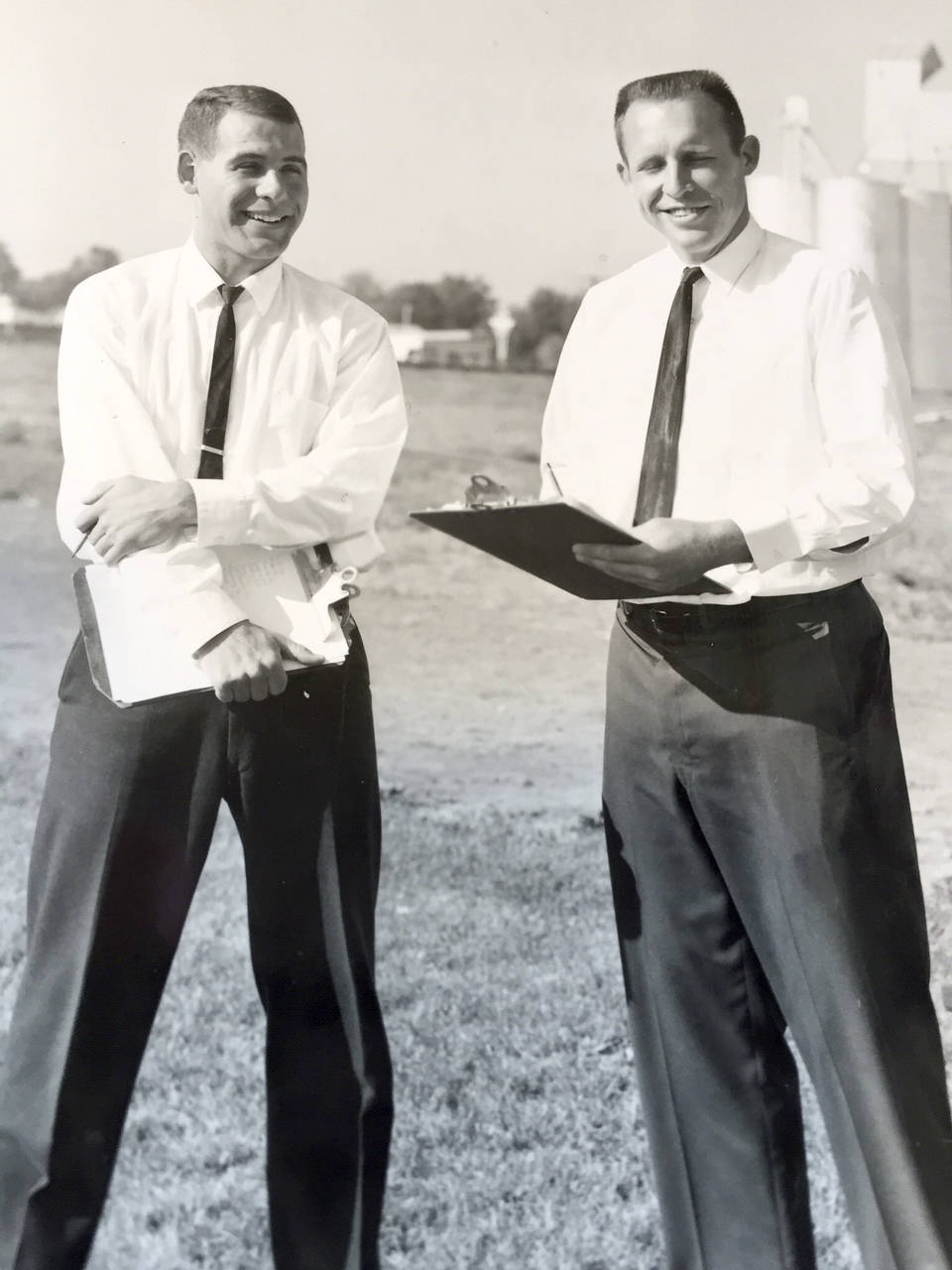A part of Carnation history will be recognized this month when Bob Summers, former track and field coach and biology teacher at Tolt High School, will be inducted into the Washington State Track and Field Coaches Hall of Fame.
Summers, who worked at Tolt High School from 1972 to 1992 and now lives in Bremerton, will be entered into the organization at the annual statewide track and field coaches convention, Jan. 20 at Tacoma’s Hotel Murano.
With more than six decades of work as a track coach, Summers began his career as a coach at Mabton High School in Yakima County, before moving to Carnation in 1972.
Summers said one of his big successes was as the coach at Carnation’s old Tolt High School, before the school closed in 1993 and was replaced by Cedarcrest High School in Duvall.
Tolt’s track team saw a great deal of success for such a small school, Summers said, as they were consistently placing extremely high in team scores during his time in Carnation.
“My main success at Tolt was cross country,” he said. “We had two state champion teams, and Tolt wasn’t a very big school… Our first state title was in 1976 and we won another state championship in 1978. In 1974, we were fourth.”
He also said that his first championship track and field team was the first sports team in the school district to win a state title.
After his time at Tolt High School, he coached at Seattle Christian School and Olympic College before retiring in 2012.
Summers was a runner himself during his college years at Olympic College and Western Washington State College, which became Western Washington University in 1977. In 1963, the Western team were the state champions, with Summers placing second in his team that year.
After graduating with a degree in education and biology, Summers started at Mabton High School teaching biology and working as the track coach. One of his first big accomplishments was building their track, he said.
“During my first year at Mabton I wanted to build a 440-yard track. The track cost $400,” he said. “The farmers brought cinders, volcanic pumice, and we took the highway rollers and crushed it and rolled it and wet it. We made the curbing out of wood and had to be careful going around the corners… and we put in the lights so we had night track meets.”
More than the details of his career, Summers remembers the big moments and the accomplishments of his students. For example, he said, after the Tolt team won the state championship at Port Orchard in 1978 they threw him in Wicks Lake.
“I’ve recovered when they threw me in Wicks Lake,” he said. “Those kids were great kids, it was a joy to work with them. We didn’t have big squads but we had a lot of fun.”
He also recalled some of the big improvements and achievements made by his team, including one runner who overcame a disability to take a top spot at the state meet.
”I had another, one of my top distance runners by the name of Rick McManus,” he said of one the Tolt students he coached. “He was the top runner on cross country. He lost the sight of one eye and almost finished dead last, but by the end of the season he overcame that and finished second in the state in senior year.”
Track and field, he said, was important to him because it was a sport that anyone could join and start making big progress in their personal development.
“In track and field, there are so many different events and you don’t cut athletes, you get them out there and try to find the niche,” he said. “Some of them came a long ways, from ground zero to state contenders.”


